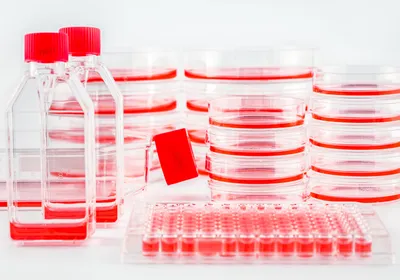 WIKIMEDIA, PSYCHONAUGHTA few patients with a rare degenerative eye disease, called choroideremia, had partially restored vision following a gene therapy trial to deliver a healthy copy of the gene CHM to the eye. The preliminary trial, published in The Lancet this week (January 16), included six patients with varying degrees of visual impairment. Two patients with poor vision saw improvements after the trial, while those with better vision did not experience any declines.
WIKIMEDIA, PSYCHONAUGHTA few patients with a rare degenerative eye disease, called choroideremia, had partially restored vision following a gene therapy trial to deliver a healthy copy of the gene CHM to the eye. The preliminary trial, published in The Lancet this week (January 16), included six patients with varying degrees of visual impairment. Two patients with poor vision saw improvements after the trial, while those with better vision did not experience any declines.
“This result does not make me swing from the chandeliers. I refuse to say everything is going to be roses. But there is hope,” Toby Stroh, one of the participants in the trial, told The Guardian.
Ian MacDonald, the chairman of ophthalmology and visual sciences at the University of Alberta in Canada who was not part of the study, told The Washington Post that the results are “very promising because there is really no other way to deliver this protein.” The research team had to detach the patients’ retinas to inject the rescue gene, but none of the recipients reported any negative effects.
The study is still in its early stages, but researchers are hopeful it can help slow or stop retinal degeneration in patients ...






















